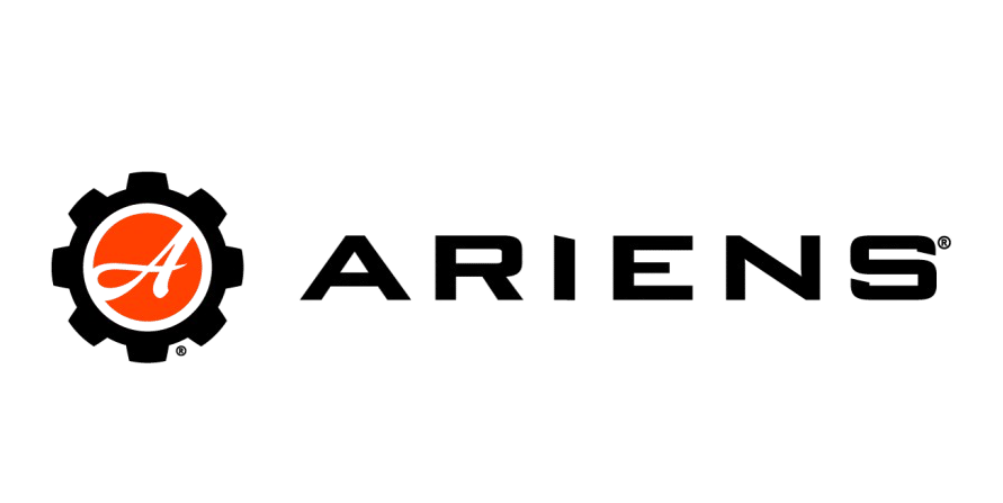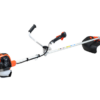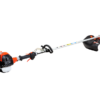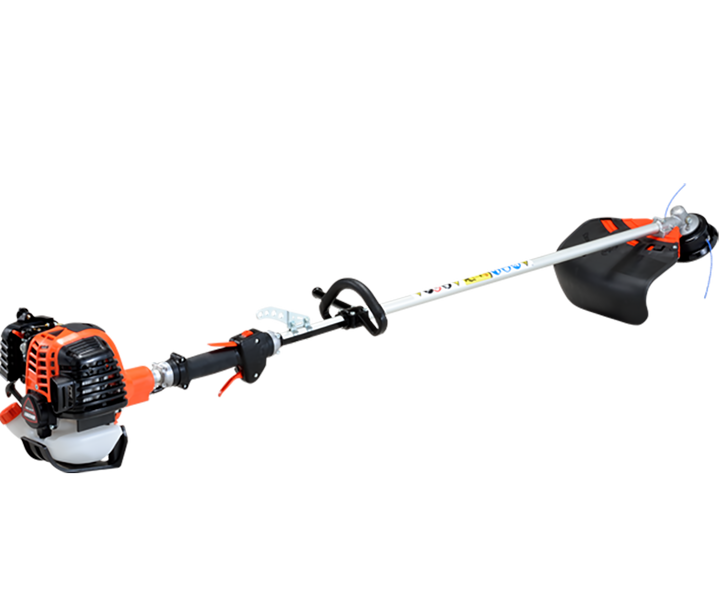Need It Fast? Mow over our Ready to Ship selections!
View in-store products:
Echo SRM-3610T/L Petrol Strimmer / Brushcutter
Lowest price found
£639.00 inc VAT
WAS £739.00
Save £100.00-14%
Please note: This website is currently being repurposed.
Any product enquiries submitted will be passed to trusted UK dealers who can assist you directly.
This website is not affiliated with Acle Garden Machinery or its previous operations.
Any product enquiries submitted will be passed to trusted UK dealers who can assist you directly.
This website is not affiliated with Acle Garden Machinery or its previous operations.
Need It Fast? Mow over our Ready to Ship selections!















